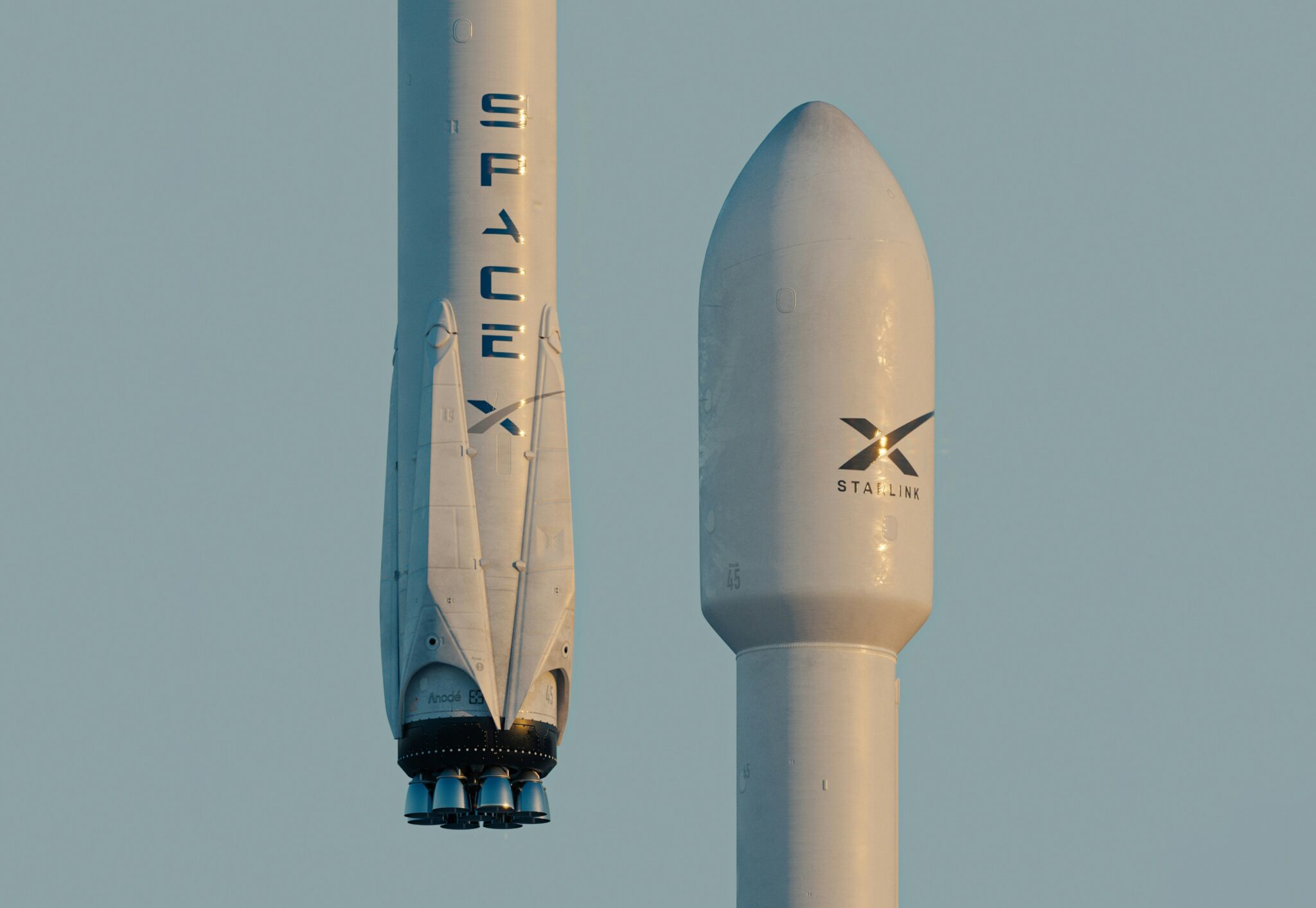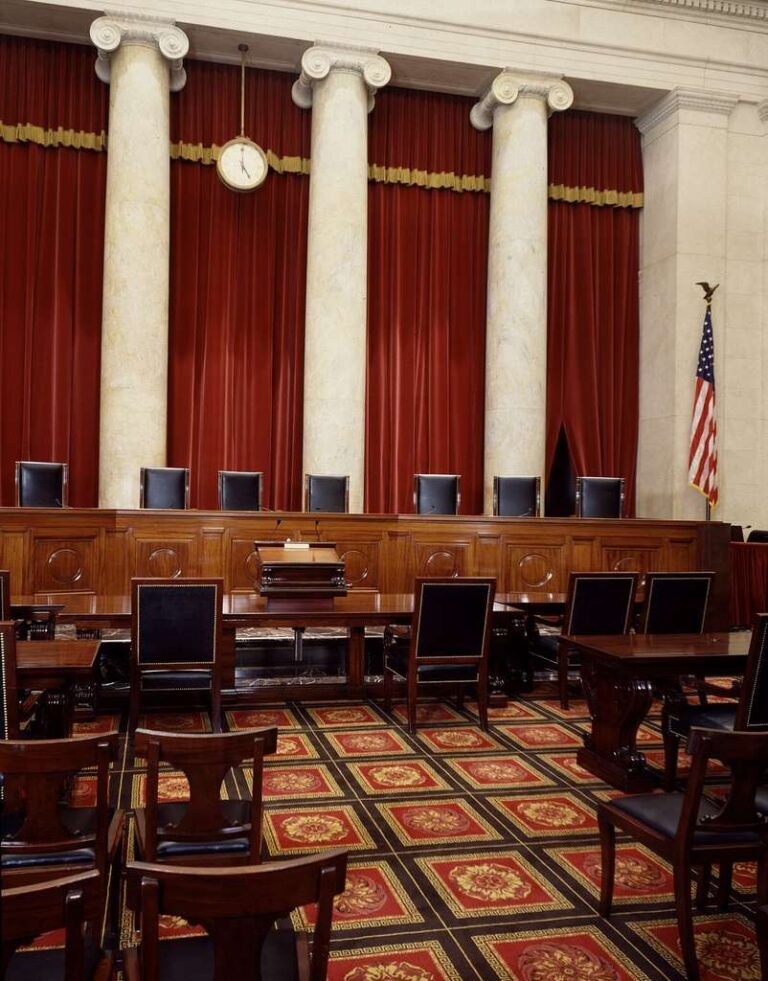
John Fry is a student at Harvard Law School.
The Fifth Circuit handed SpaceX a setback on Tuesday, allowing the company’s lawsuit against the National Labor Relations Board to be transferred from the Southern District of Texas to the Central District of California. SpaceX filed the lawsuit—which challenges the constitutionality of the NLRB on several grounds—in response to Unfair Labor Practice charges that the NLRB filed against it in California. The company contends that venue is proper in Texas because its alleged conduct affected employees located there, and because any order by the NLRB will regulate the company’s conduct there. However, the NLRB argues that all substantial events related to the case occurred in California, with only incidental effects reaching Texas. Where the case ends up could be crucial, as the Fifth Circuit (covering Texas) has issued a slew of recent opinions curtailing the power of federal agencies.
In February, a district court judge in Texas sided with the NLRB, granting the agency’s motion to transfer the suit to California. SpaceX promptly appealed to the Fifth Circuit, which paused the transfer temporarily. On Tuesday, a panel of three Fifth Circuit judges rejected SpaceX’s petition per curiam, giving no explanation for the decision. However, one judge did write a lengthy dissent, and the company has hinted that it may ask the entire Fifth Circuit to hear the venue dispute en banc.
As Gil reported, Starbucks is the latest major employer to raise constitutional arguments against the NLRB as a defense against ULP charges. In a brief submitted to the agency, the company rehashes other employers’ theories that the NLRB’s members and judges are impermissibly shielded from removal by the President. Like Amazon and Trader Joe’s, Starbucks has merely noted its objections during administrative proceedings, and has not filed a lawsuit in federal court to challenge the agency.
It is not yet clear whether Starbucks’ recent truce with Starbucks Workers United will alter the company’s attitude towards the NLRB. There have been other signs of de-escalation since the deal was announced: as Everest wrote, the Strategic Organizing Center (affiliated with SWU) has ended its proxy fight over the composition of Starbucks’ board of directors. Starbucks and other employers may also be treating the SpaceX lawsuit as a bellwether, waiting for a ruling on that case’s merits before deciding whether to file suits of their own.










Daily News & Commentary
Start your day with our roundup of the latest labor developments. See all
February 6
The California Supreme Court rules on an arbitration agreement, Trump administration announces new rule on civil service protections, and states modify affirmative action requirements
February 5
Minnesota schools and teachers sue to limit ICE presence near schools; labor leaders call on Newsom to protect workers from AI; UAW and Volkswagen reach a tentative agreement.
February 4
Lawsuit challenges Trump Gold Card; insurance coverage of fertility services; moratorium on layoffs for federal workers extended
February 3
In today’s news and commentary, Bloomberg reports on a drop in unionization, Starbucks challenges an NLRB ruling, and a federal judge blocks DHS termination of protections for Haitian migrants. Volatile economic conditions and a shifting political climate drove new union membership sharply lower in 2025, according to a Bloomberg Law report analyzing trends in labor […]
February 2
Amazon announces layoffs; Trump picks BLS commissioner; DOL authorizes supplemental H-2B visas.
February 1
The moratorium blocking the Trump Administration from implementing Reductions in Force (RIFs) against federal workers expires, and workers throughout the country protest to defund ICE.